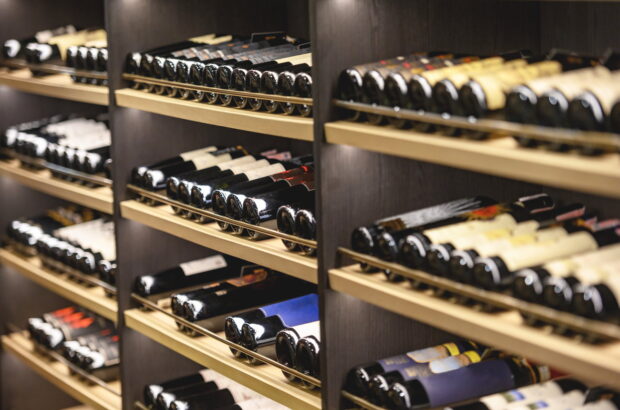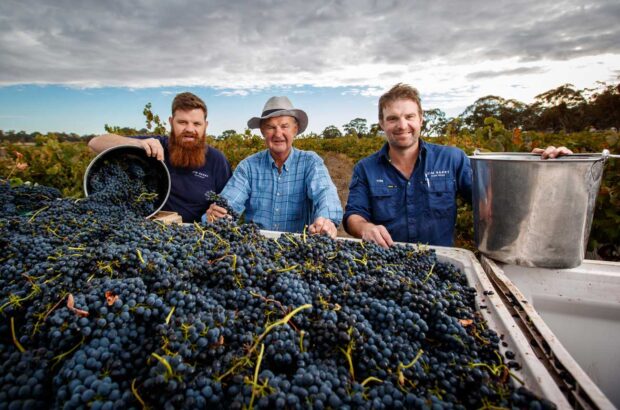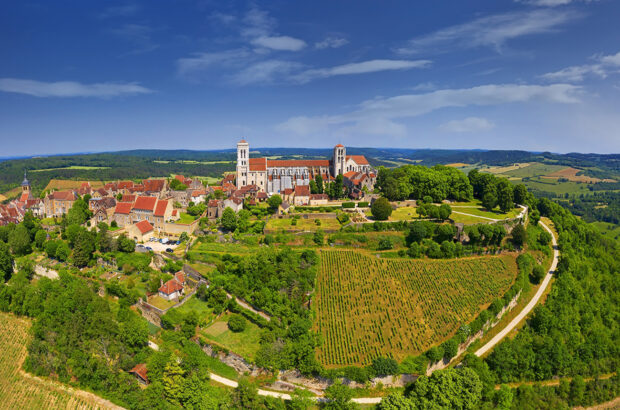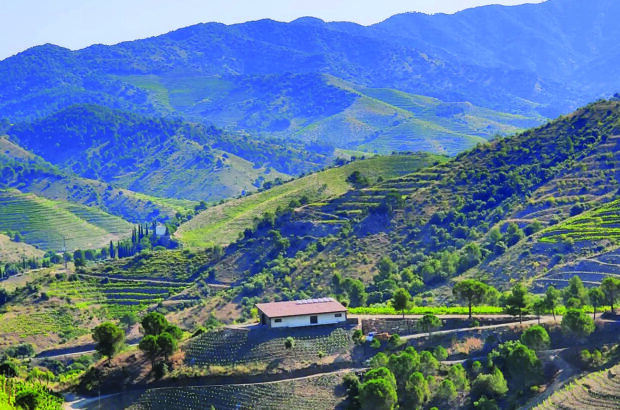Abandoning cork could have disastrous consequences
It has happened to us all at some time; we’ve cut away the foil only to be confronted by a synthetic substitute. Having struggled with corks that repay Herculean efforts to remove them by breaking in half, some may think this is not such a bad thing. Yet the widespread abandonment of corks could have a disastrous effect, not only on the wine industry, but also on the landscape and wildlife of Spain and Portugal. Put aside the popular perception of Iberia; the one which conjures up a vision of high-rise hotels and crowded beaches. Picture instead small villages, herdsmen and their flocks, nightingales, imperial eagles and hoopoes among plantations of cork oak trees. It is a scene typical of an area dependent upon the cyclical management of trees. Nature cannot be hurried: it takes nine years after the removal of the outer bark of the cork oak before another crop can be cut. Thus, about once a decade, there is a period of feverish activity as axes are wielded to peel away great slabs of the bark.
So valuable has this nine-yearly cork harvest proved over the centuries that there has been no incentive to clear cork forests in favour of intensive crop growing or grazing land; crop and animal husbandry evolved around the precious oaks.
Environmental benefits
Orange, lemon, fig, almond and olive trees all provide valuable additional crops, while holm oaks are carefully managed to produce bounteous crops of acorns for foraging pigs. The upshot of working with, rather than against, nature is a precious mosaic of farmland, scrub and woodland; a cornucopia of wildlife habitats supporting a wealth of birds, butterflies and threatened mammals such as the Iberian lynx.Symbiotic relationships exist that offer a range of benefits. The bees are linked to the profusion of wild flowers and this, in turn, provides rich pickings for the European bee keeper. It need hardly be added that honey is harvested in profusion, sheets of cork being used to make serviceable beehives. Yet, if cork succumbs to synthetic, can this idyll last? No. Already talk of unsustainable land use is beginning to cast deep shadows across the cork oak plantations of southern Europe. The wood pulp industry is poised to move in and the spectre of bulldozers clearing entire hillsides looms large. Fragile soils will no longer be stabilised by natural vegetation and seasonal rain will wash them down to the sea. The oaks will vanish, and so will the bees, the honey, the birds, the farm animals and, ultimately, the people. There will no longer be a reason for them to stay and generations of tradition will be wiped out at a stroke.
Cork is best
So next time a cork is hard to remove, remember it is only doing its job efficiently. Draw it out lovingly and pour the first glass carefully. But instead of holding it up to the light, hold up the cork instead. See the cork oak woods from whence it came, and the people who have cherished this most wonderful of trees for centuries.
We don’t have to lose all these wonderful things, but we may if we don’t make a stand by boycotting wine producers who seal their bottles with synthetic stoppers. With cork and their potential replacements hidden beneath a foil cap this poses difficulties, but all that is set to change. Major conservation bodies such as the RSPB are teaming up with responsible wine importers to ensure clear labelling of bottles. In this way, wine buyers will be in a position to make an informed choice about the all-important cork issue before they make a purchase.












